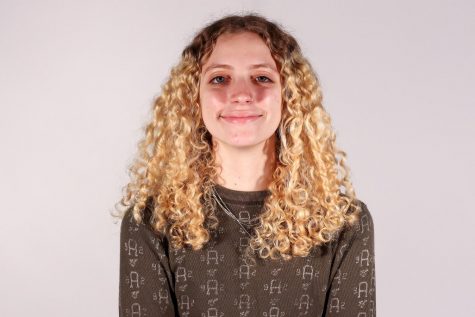School Nurse Darlene Vargas-O’Connor restroom door boasts a red-lettered, all-capital case message: “INFECTION PREVENTION.” In a different scenario, any student might have turned a blind eye to the instructions. But with panic and worry surrounding COVID-19 on the rise, the instructions hold a new meaning.
“The coronavirus is just like other viruses, but because it is a new strain of coronavirus that means that nobody has immunity to it,” Health Department director Alina Alonso said, “many more people will get it.”
This new strain of coronavirus was declared a pandemic on March 11 by the World Health Organization, creating panic worldwide. With no current cure for COVID-19 and only select treatments available, of rumor and truth have entered the minds of the masses. There are a number of steps students, parents, and faculty members can take to try to prevention infection.
CURRENT PREVENTION METHODS
“With the number of cases there are community-wide spread[ing], the cases will go up—just like in Europe,” Dr. Alonso said. “Every one of us needs to practice social distancing and understand what that means.”
The Center for Disease Control (CDC) urges for everyone to “clean and disinfect frequently touched surfaces” and to restrict your contact with large crowds of people, which is a key form of social distancing that is mentioned by Dr. Alonso. These individual efforts can prevent the spread of COVID-19, which is transmitted through air droplets.
“In class, I’ve been going to extra efforts of wiping things down that normally I don’t,” English teacher Peggy Mellon said. “Like wiping doorknobs, opening doors with my elbows, and avoiding touching everything I possibly can. [We’re] wiping off the Chromebooks, that way, you’re not touching your little laptop, you know, [computer] keys that other people hacked on, which normally I wouldn’t worry about.”
Nurse Darlene believes that hand washing is an important part of preventing the spread of the virus.
She said to practice “good hand washing, and if you’re coughing or sneezing
[you] should stay home.”
The following steps can help ensure that students’ hands are kept bacteria-free. These tiny, efficient methods are “the key to staying safe,” as Dr. Alonso said.
INFECTION PREVENTION
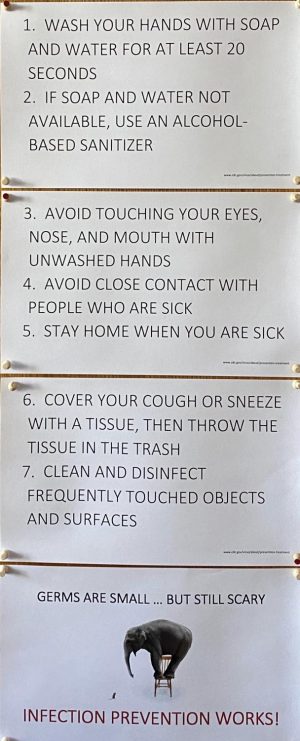
- Wash your hands with soap and water for at least 20 seconds
- If soap and water are not available, use an alcohol-based sanitizer
- Avoid touching your eyes, nose, and mouth with unwashed hands
- Avoid close close contact with people who are sick
- Stay home when you are sick
ATTITUDE
“What we can tell students who are worried [is to] stay calm, wash your hands,” Ms. Mellon said. “Just relax a little bit, take a step back, and avoid people who are sick. If you’re at risk, don’t go to places where you might be around a lot [of sick people]. But I don’t think we need to panic as much as we are..”
An important factor of preventing COVID-19 is maintaining a healthy and positive attitude. With the stress surrounding the pandemic, it is easy to be engulfed in pseudoscience that is being rushed into popular culture. However, it is key to remain accurately informed through websites like the WHO and the CDC.
Most importantly, the masses should remain calm, Dr. Alonso points out.
“This poses a threat first and foremost due to the loss of lives to the high risk group of elderly and the compromised in our court,” Dr. Alonso said. “The second threat is chaos and fear, which leads to the third threat of disruption to our daily lives and wellbeing in terms of economic losses, wages, and goods and services. A great example is the hoarding of toilet paper and wipes. Toilet paper? Really?”


























































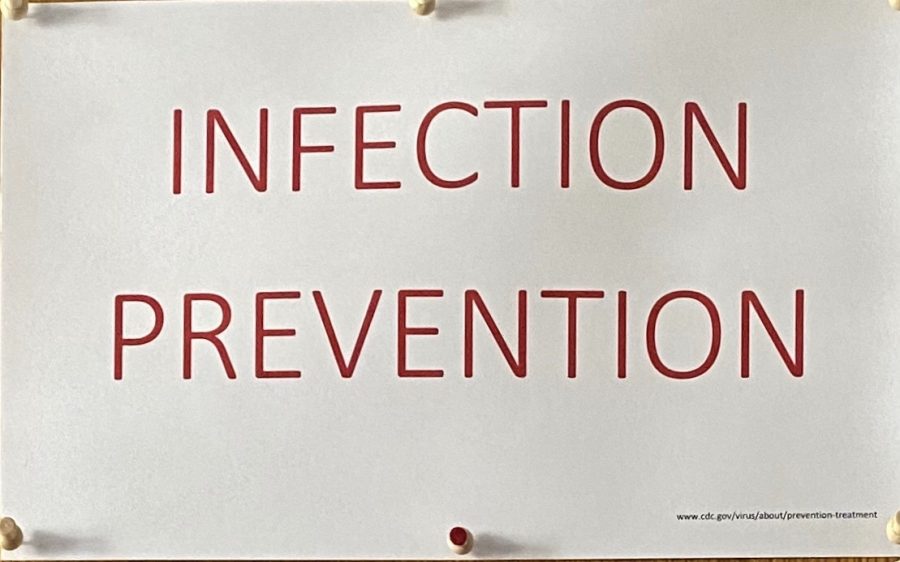

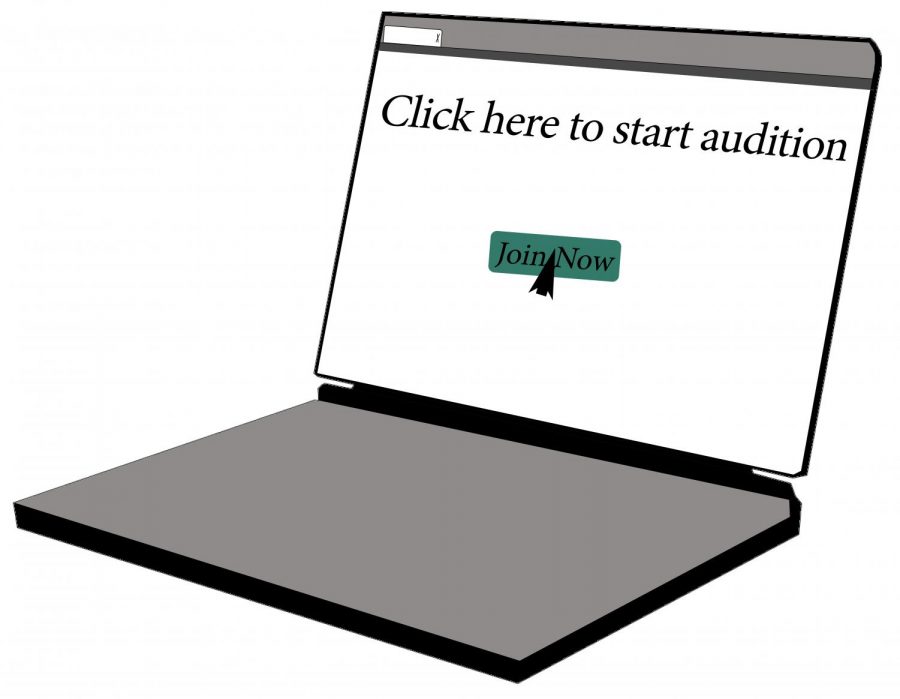

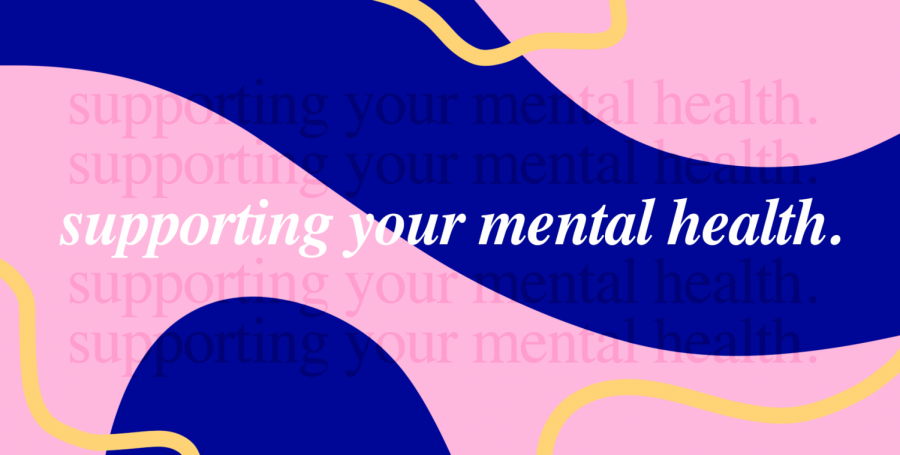
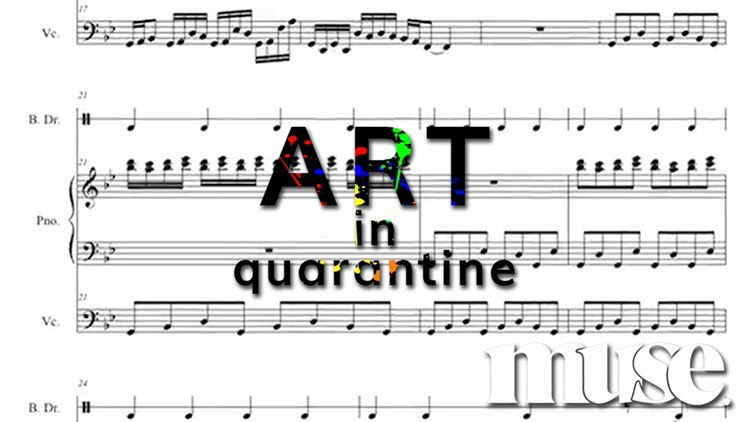
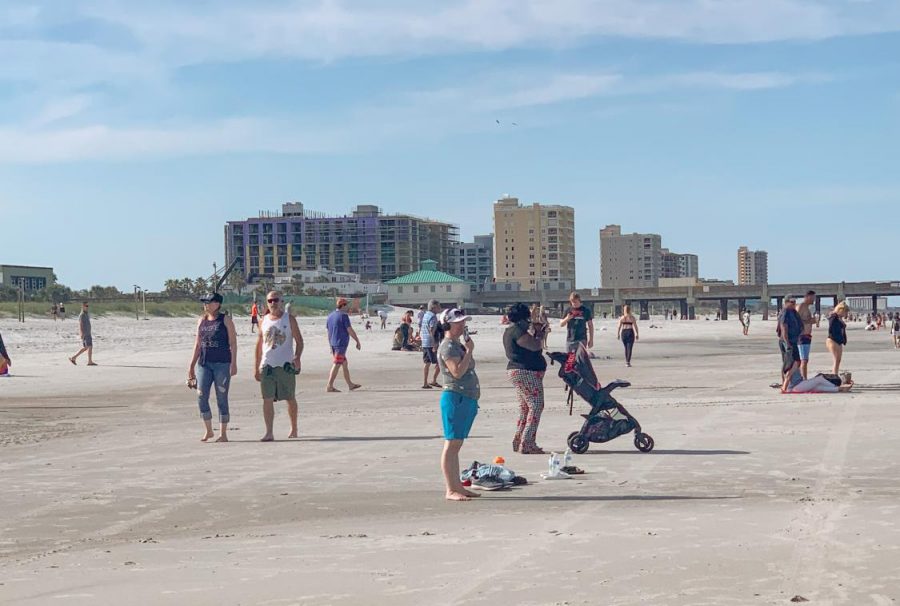
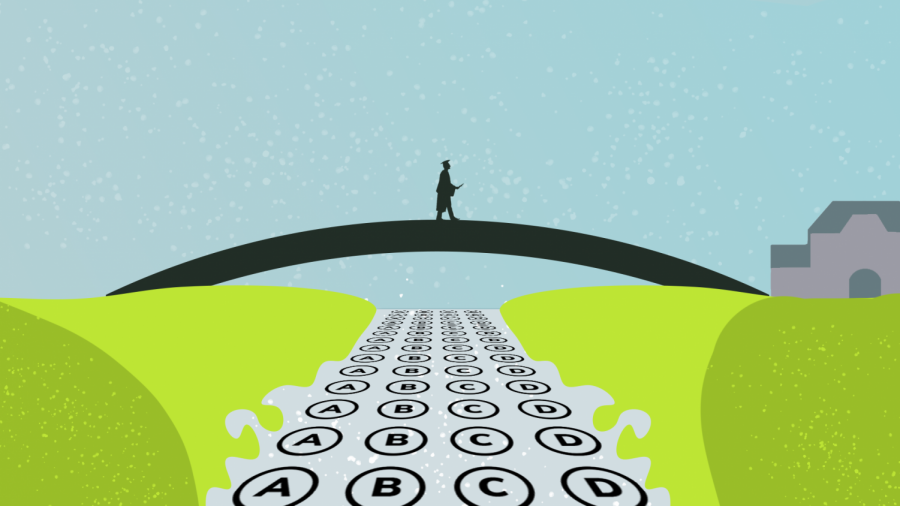

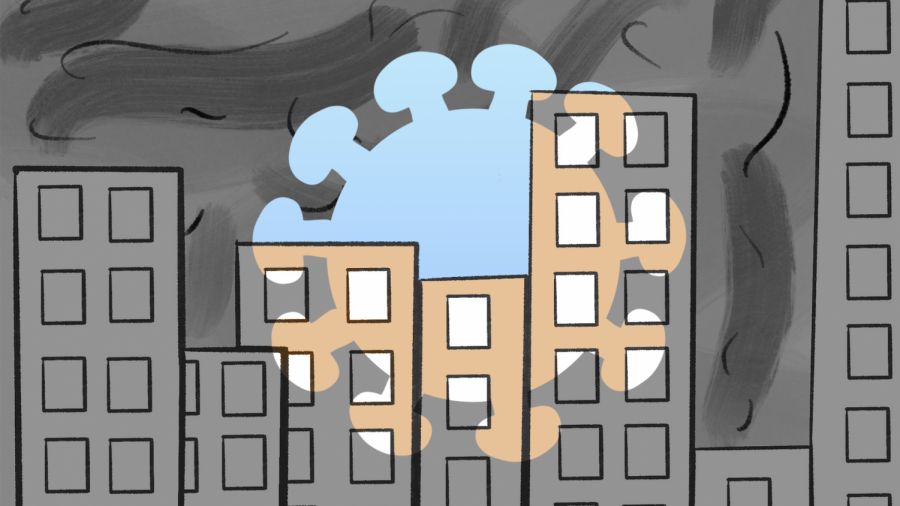
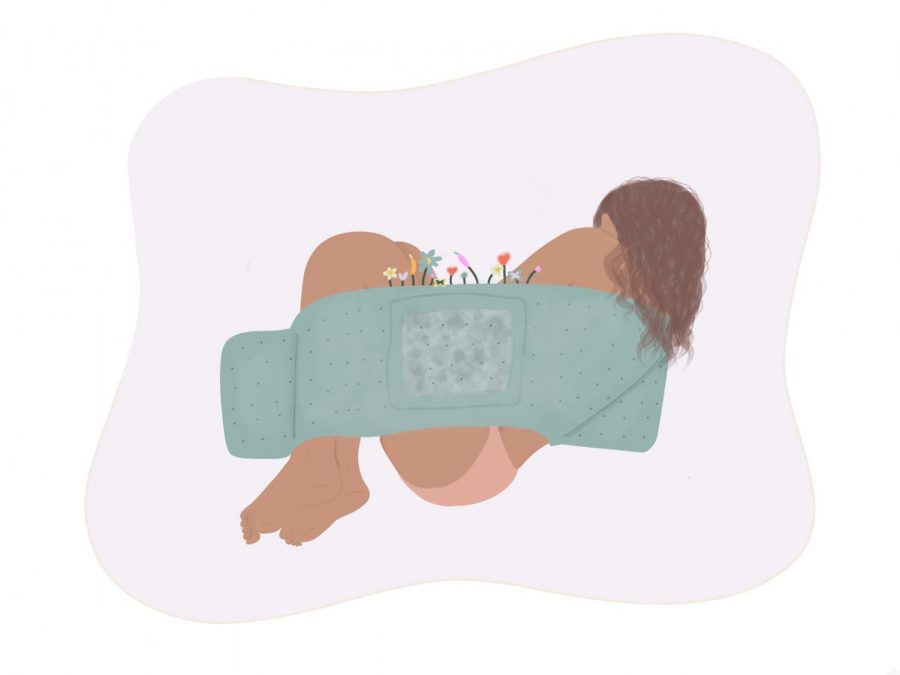


![[BRIEF] The Muse recognized as NSPA Online Pacemaker Finalist](https://www.themuseatdreyfoos.com/wp-content/uploads/2025/03/IMG_2942.jpeg)

